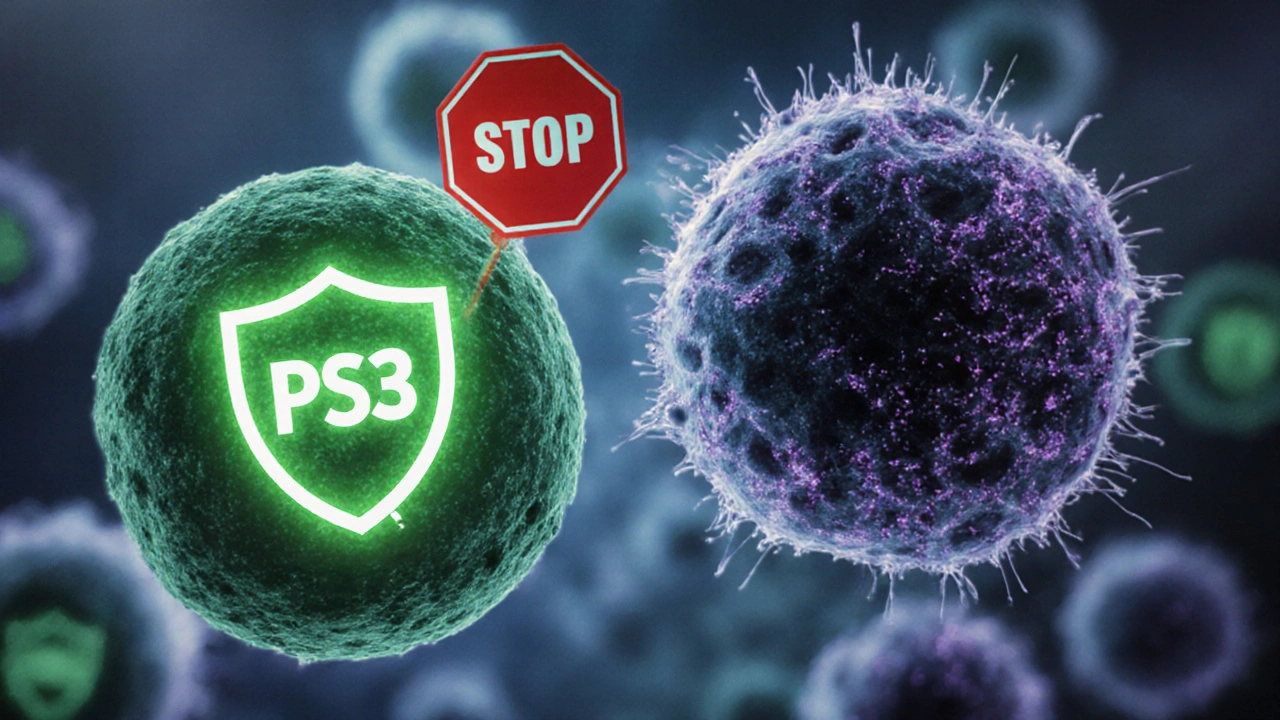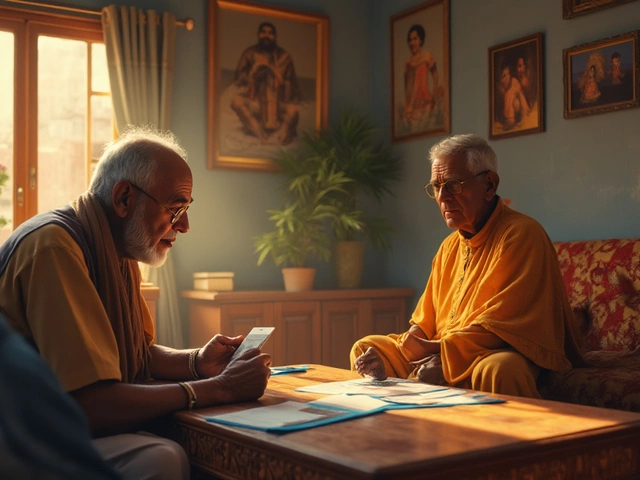Immunotherapy: Simple Guide to Boosting Your Immune System
Ever wonder why doctors keep talking about immunotherapy? It’s basically a way to tell your own immune system to fight disease better. Instead of using chemicals that kill cells indiscriminately, immunotherapy trains your body’s natural defenses to target the problem – whether that’s a tumor or an allergen.
How Immunotherapy Works
Think of your immune system as a security team. In a healthy body, the team knows who belongs inside and who doesn’t. Cancer cells are sneaky; they wear a disguise that tells the guards to stand down. Immunotherapy removes that disguise or gives the guards a better set of instructions. Common methods include checkpoint inhibitors that lift the brakes on immune cells, CAR‑T therapy that gives T‑cells a GPS tag to find tumors, and vaccines that teach the immune system what the enemy looks like.
Allergy immunotherapy works a bit differently. If you’re allergic to pollen, your body reacts every spring as if it’s under attack. Allergy shots or sublingual tablets expose you to tiny, harmless doses of the allergen over months. Your immune system learns not to overreact, so you stop sneezing and itching.
Types You’ll Hear About
Cancer immunotherapy – Includes checkpoint inhibitors (like pembrolizumab), CAR‑T cell therapy, and oncolytic virus therapy. In India, major cancer centers such as AIIMS and Tata Memorial Hospital now offer these options under government‑approved protocols.
Allergy immunotherapy – Usually given as regular injections (subcutaneous immunotherapy) or drops/tablets under the tongue (sublingual immunotherapy). It’s a long‑term commitment, but most people see a big drop in symptoms after 1‑2 years.
Vaccine‑based therapies – Not the COVID‑19 kind, but personalized vaccines that prime your immune system against specific tumor markers. They’re still mostly in clinical trials but getting more attention in Indian research institutes.
When you’re considering immunotherapy, start with a clear diagnosis. Talk to an oncologist or allergist who can explain if your condition matches the criteria for these treatments. Not every cancer or allergy needs it, and the side‑effects vary.
Side‑effects are often milder than traditional chemo, but they can include flu‑like symptoms, skin rashes, or, in rare cases, autoimmune reactions. Doctors monitor you closely, especially during the first few weeks. In India, many hospitals have dedicated immunotherapy units that handle these checks.
Cost can be a concern. Check if your insurance covers the therapy or if the hospital offers a payment plan. Some government schemes now subsidize approved immunotherapy drugs for specific cancers.
Finally, remember that lifestyle still matters. A balanced diet, regular exercise, and proper sleep keep your immune system ready to respond. Immunotherapy isn’t a magic fix; it’s a boost that works best when your body is already in good shape.
So, if you’re hearing the term immunotherapy for the first time, think of it as a partnership with your own immune system. Whether you’re battling cancer, fighting allergies, or looking into cutting‑edge vaccine trials, the goal is the same: empower your body to defend itself effectively. Talk to a specialist, ask about eligibility, and weigh the benefits against any risks. With the right guidance, immunotherapy can be a game‑changer for many patients across India.






